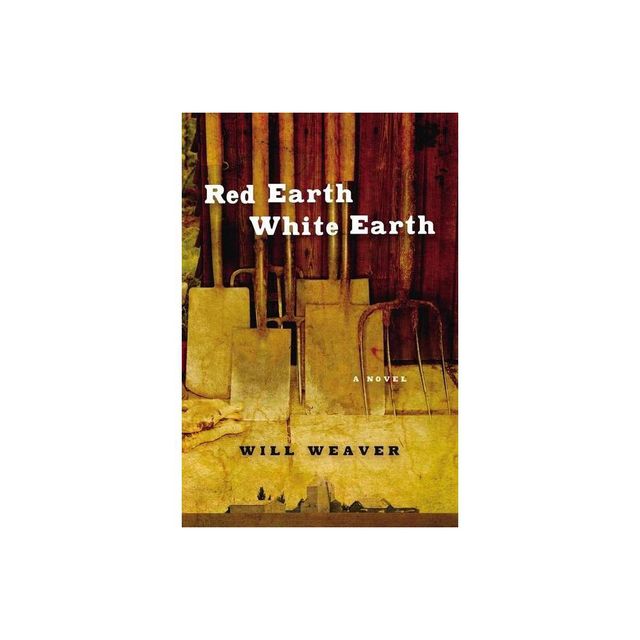Home
Red Earth Nation: A History of the Meskwaki Settlement
Loading Inventory...
Barnes and Noble
Red Earth Nation: A History of the Meskwaki Settlement
Current price: $95.00


Barnes and Noble
Red Earth Nation: A History of the Meskwaki Settlement
Current price: $95.00
Loading Inventory...
Size: Hardcover
*Product Information may vary - to confirm product availability, pricing, and additional information please contact Barnes and Noble
In 1857, the Meskwaki Nation purchased an eighty-acre parcel of land along the Iowa River. With that modest plot secured as a place to rest and rebuild after centuries of devastation and dispossession, the Meskwaki, or "Red Earth People," began to reclaim their homeland—an effort that Native nations continue to this day in what has recently come to be called the #Landback movement.
Red Earth Nation
explores the long history of #Landback through the Meskwaki Nation’s story, one of the oldest and clearest examples of direct-purchase Indigenous land reclamation in American history. Spanning Indigenous environmental and political history from the Red Earth People’s creation to the twenty-first century,
focuses on the Meskwaki Settlement: now comprising more than 8,000 acres, this is sovereign Meskwaki land, not a treaty-created reservation. Currently the largest employer in Tama County, Iowa, the Meskwaki Nation has long used its land ownership and economic clout to resist the forces of colonization and create opportunities for self-determination. But the Meskwaki story is not one of smooth or straightforward progress. Eric Steven Zimmer describes the assaults on tribal sovereignty visited on the Meskwaki Nation by the local, state, and federal governments that surround it. In these instances, the Meskwaki Settlement provided political leverage and an anchor for community cohesion, as generations of Meskwaki deliberately and strategically—though not always successfully—used their collective land ownership to affirm tribal sovereignty and exercise self-determination. Revealing how the Red Earth People have negotiated shifting environmental, economic, and political circumstances to rebuild in the face of incredible pressures,
shows that with their first, eighty-acre land purchase in the 1850s, Meskwaki leaders initiated a process that is still under way. Indeed, Native nations across the United States have taken up the #Landback cause, marshaling generations of resistance to reframe the history of Indigenous dispossession to explore stories of reclamation and tribal sovereignty.
Red Earth Nation
explores the long history of #Landback through the Meskwaki Nation’s story, one of the oldest and clearest examples of direct-purchase Indigenous land reclamation in American history. Spanning Indigenous environmental and political history from the Red Earth People’s creation to the twenty-first century,
focuses on the Meskwaki Settlement: now comprising more than 8,000 acres, this is sovereign Meskwaki land, not a treaty-created reservation. Currently the largest employer in Tama County, Iowa, the Meskwaki Nation has long used its land ownership and economic clout to resist the forces of colonization and create opportunities for self-determination. But the Meskwaki story is not one of smooth or straightforward progress. Eric Steven Zimmer describes the assaults on tribal sovereignty visited on the Meskwaki Nation by the local, state, and federal governments that surround it. In these instances, the Meskwaki Settlement provided political leverage and an anchor for community cohesion, as generations of Meskwaki deliberately and strategically—though not always successfully—used their collective land ownership to affirm tribal sovereignty and exercise self-determination. Revealing how the Red Earth People have negotiated shifting environmental, economic, and political circumstances to rebuild in the face of incredible pressures,
shows that with their first, eighty-acre land purchase in the 1850s, Meskwaki leaders initiated a process that is still under way. Indeed, Native nations across the United States have taken up the #Landback cause, marshaling generations of resistance to reframe the history of Indigenous dispossession to explore stories of reclamation and tribal sovereignty.


















